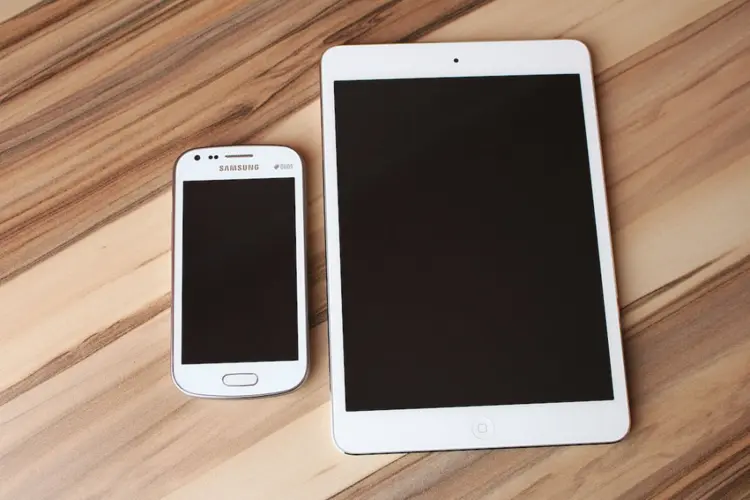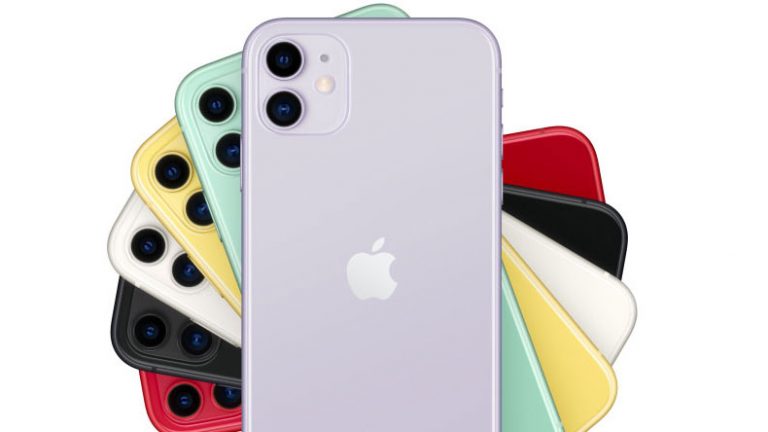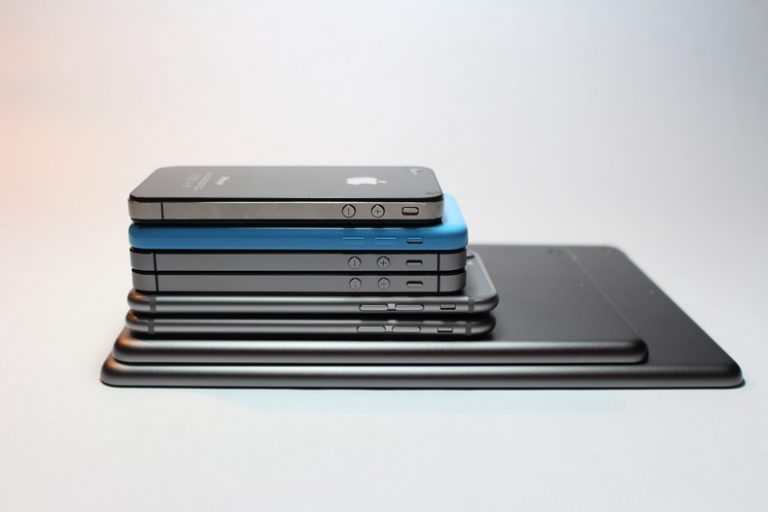Android vs. iOS: A Comparison
iOS vs. Android is a common issue that people tend to debate on. When purchasing your device, which should you buy, an Apple product or an Android? These two have advantages and disadvantages, and there are things that Apple can’t provide its users and vice versa.
The question of what product you should buy relies solely on your preferences. On this page, we look into what these two offer. Be sure to keep a checklist of what advantages you like best between Apple and Android devices.

Hardware
The hard part of an iOS and Android product is where these two significantly differ. Apple is limited to creating iPhones, whereas Android is used in numerous devices like Samsung, HTC, and OPPO. As such, Android phones and tablets differ in quality, features, size, and weight. iOS can only be seen in Apple products, whereas, with products that use Android, you have a wide selection.
If you want to choose from various colors and sizes, it would be best to purchase from legitimate and trusted sellers such as digiDirect. Search for digiDirect – Samsung Galaxy Tablets to purchase affordable tablets that let you turn your tablet into a PC-like experience (using Samsung DeX). You’ll surely find excellent processor performance since Samsung only uses the best tools for your tablets.
When purchasing your own devices, check the hardware section and how great the processor can hold. Furthermore, regarding device selection, a Galaxy Tablet’s counterpart is Apple’s iPad. For phones, iOS is only limited to iPhones, whereas, as mentioned above, Android has a wide selection from Samsung to OPPO.
Apps

Another great comparison of these two is that the apps available on iOS can only be downloaded from Apple’s App Store. In contrast, you can only download applications from Android’s Google Play. Some Android devices, e.g., Kindle, use a separate App Store for a smaller selection of apps.
Today, you can enjoy apps exclusive to iOS only and vice versa, such as YouTube, Google Docs, Instagram, and Pinterest.
Did you know that developers prioritize making apps or games for iOS before they develop them for Android? An Android ecosystem is diverse and more complicated than an iOS system that’s more standardized, controlled, and easily accessible. Developers would know how to optimize their app when developing it for iOS. It’s also more affordable for developers.
You can get a wide selection of applications on both iOS and Android. However, more applications are available on Google Play; over 3.55 million apps are available to Android users.
On the other hand, about 1.6 million apps are available for iOS users. Despite the clear advantage of creating an app in iOS, developers still see the value in making Android apps, which have a wide variety of brands.
Security
Naturally, we would want our mobile devices or tablets’ security secured. Let’s compare iOS and Android security.
Apple supports end-to-end encryption in all of its applications. This means that the text messages you’ve sent are scrambled during their journey or “transit” before reaching the recipient, making it harder for hackers to read the messages you’ve sent.
Android also has built-in security; it uses a trusted execution environment (TEE) to ensure the operating system stays secure. It also utilizes sandboxing to keep the applications and the data separated and clean. Sandboxing entails isolating a piece of software only to access certain information.
Virtual Assistance
The first thing that makes smartphones so functional is their virtual assistance. Android utilizes Google Assistant or Samsung Bixby on its default platforms. Other devices may use other artificial assistance. On the other hand, iPhones and iPads use Siri as their artificial assistant.
Google Assistant uses everything that Google knows. Hence, you can learn what you want to know with a simple voice command since your assistant will search for you. It’s also intelligent to notify you to leave home early if the road you’ll take has traffic when you decide to leave.
Siri is continuously improving with every iOS release. However, it’s still limited in what it can do. It can do simple tasks like creating alarms and marks in your calendar.
Software Upgrades
iOS has an advantage when it comes to software upgrades. Why? It’s because since iOS is only limited to Apple products, means that the upgrades are generally available to all iOS devices. But there’s an exception!
If you have an older model of Apple, you may not get to upgrade your software, which is also applicable to other Android devices. It happens because older models lack the hardware to handle the new software updates.
Although Android has frequent updates, since many devices use Android, some devices may not receive the updates. Furthermore, phone manufacturers would have to decide on their own if they would offer software upgrades so that some devices may be late compared to Android devices.
Additionally, even if a software upgrade were offered, users would receive several months since its release date.
Final Thoughts
Many debates on which is better: Apple or Android. But there’s no accurate or definite answer to this question. What you can do, however, is reflect on your preferences and what you want your phone or tablet to do, and what you plan on doing with it. Use this page as a guide to help you with your buying needs.





